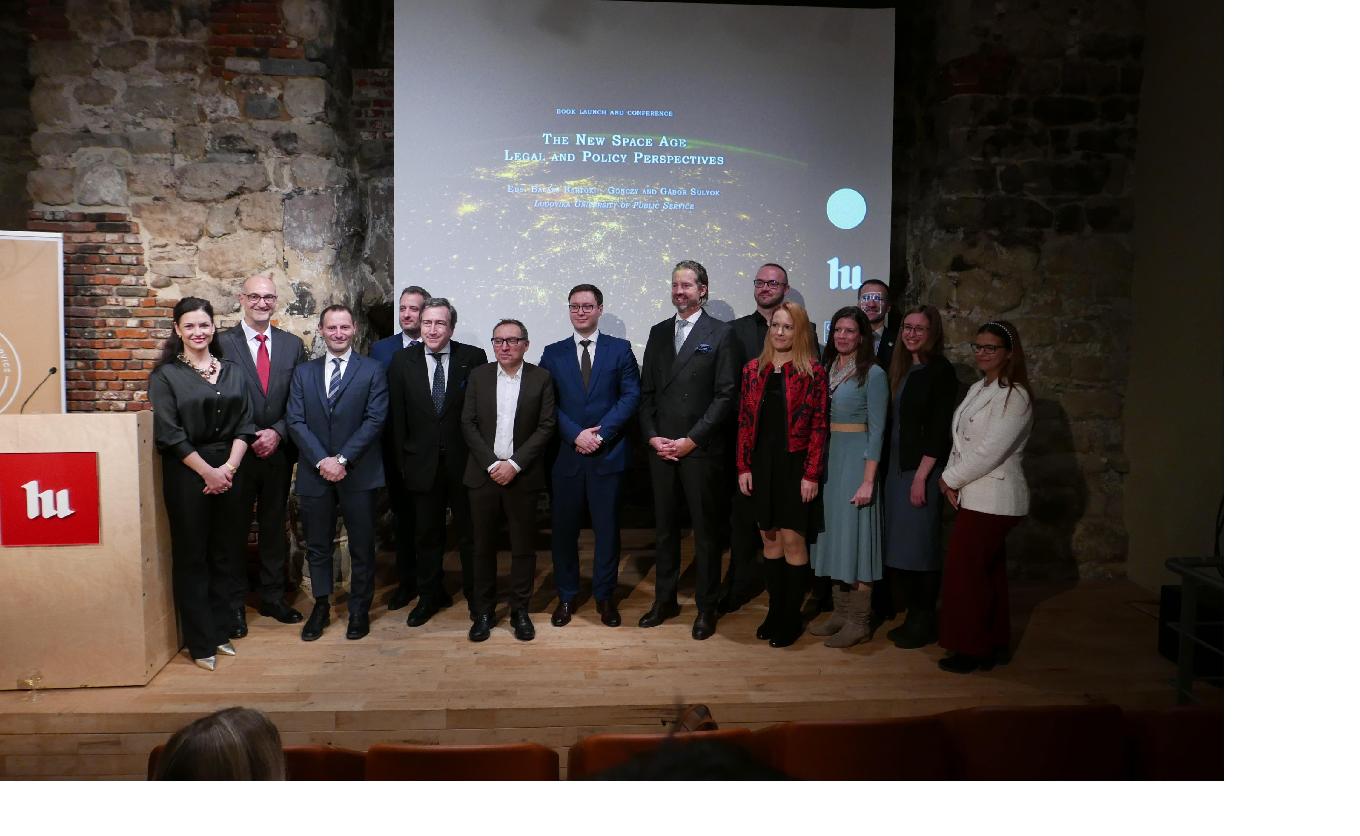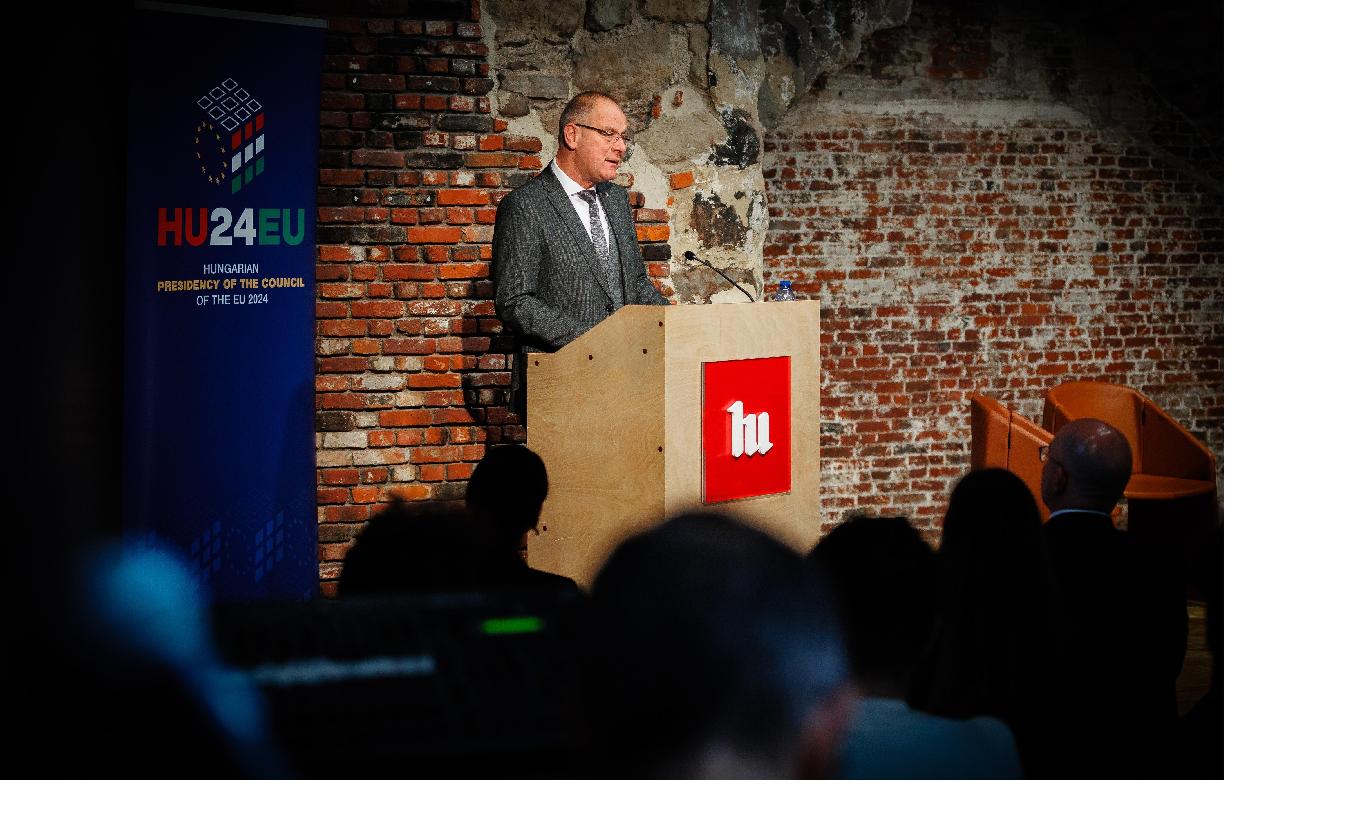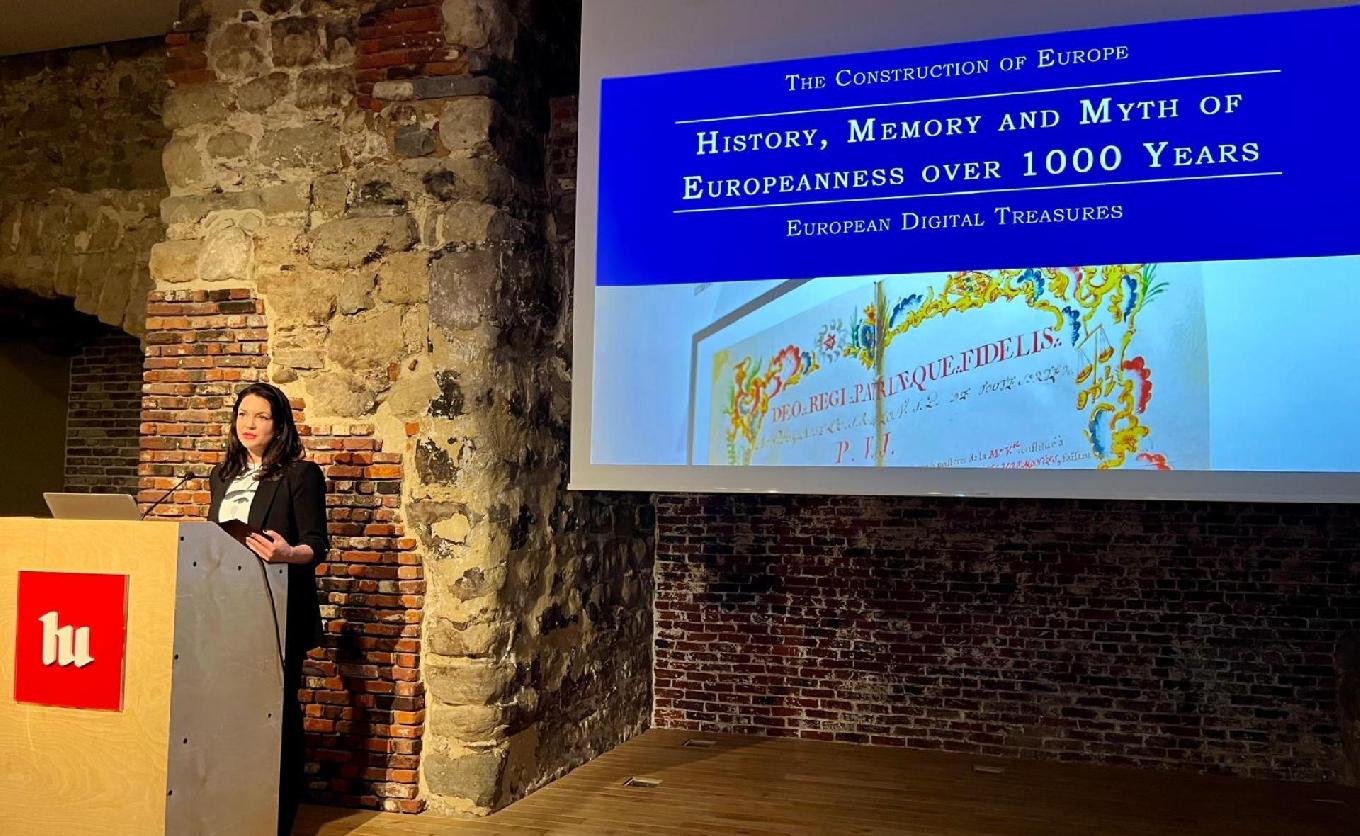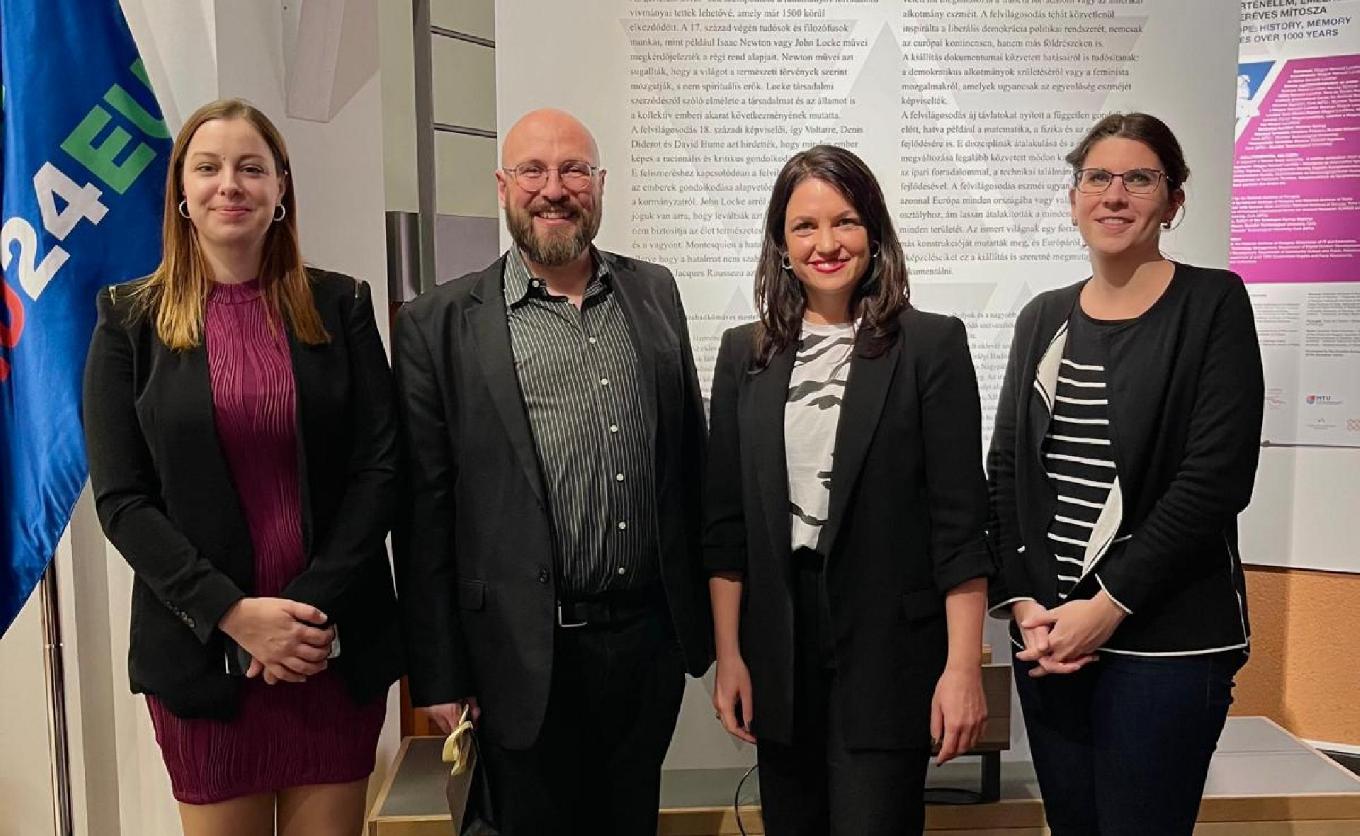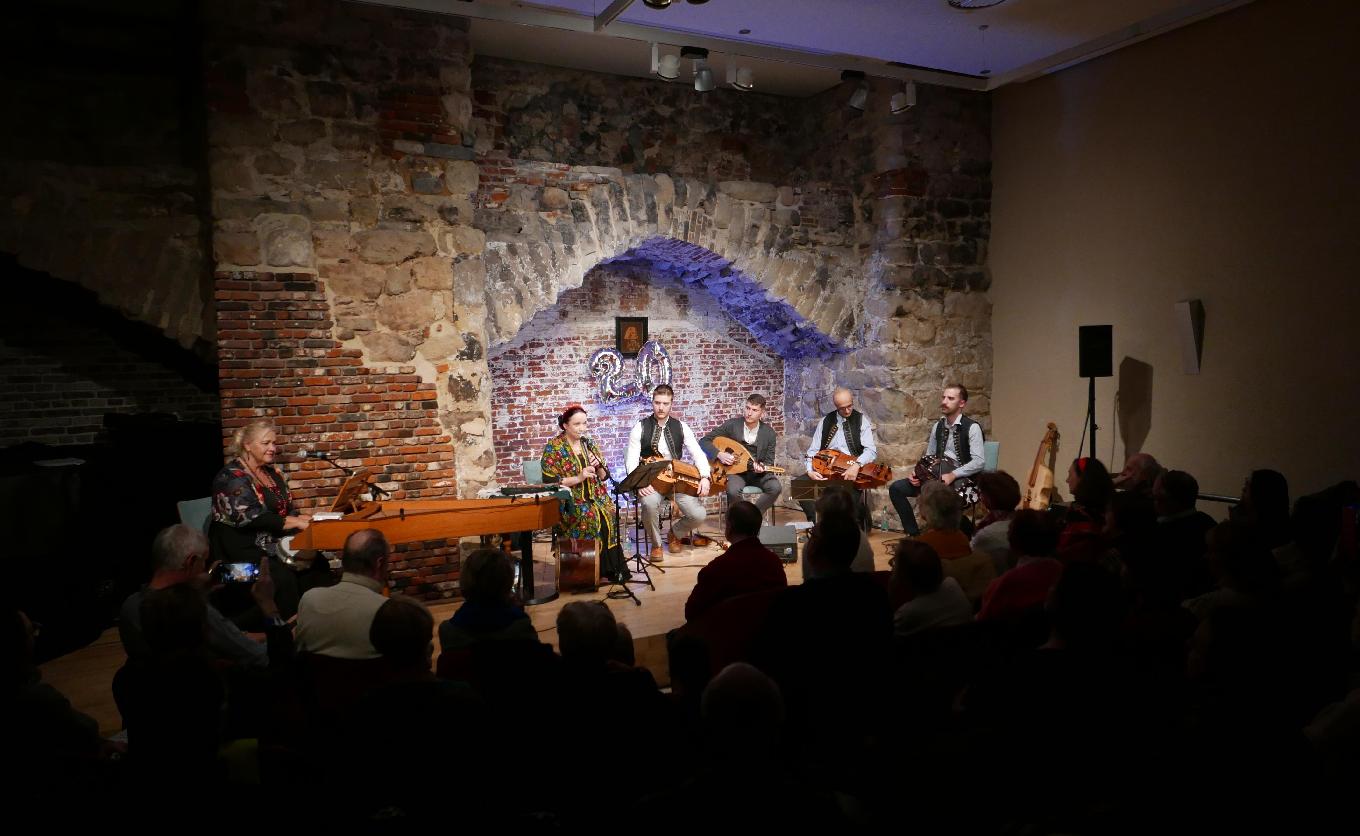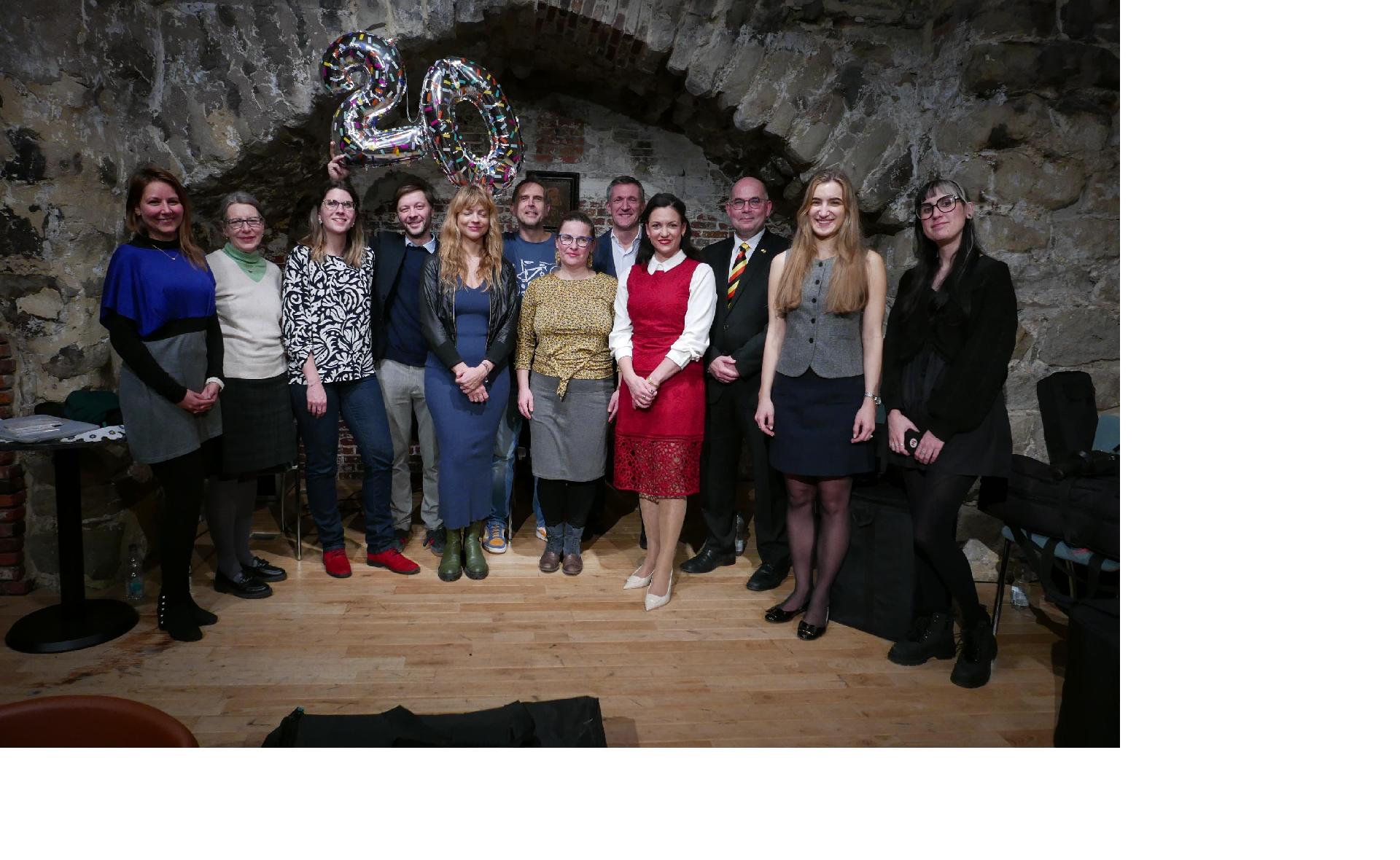
Tibor Navracsics, Minister of Public Administration and Regional Development, presented the book on the priorities of the Hungarian EU Presidency at the Liszt Institute Brussels, accompanied by a book signing and a panel discussion. The Hungarian Cultural Institute also organised a Hungarian Film Festival, which attracted nearly 800 people, and guided visitors through the legal and political challenges of space activities. In the middle of the month, they celebrated their 20th anniversary with a special concert and opened an exhibition on the history of Europe. At the beginning of Advent, the main role was played by women: Eszter Karasszon cellist and Éva Szalai pianist presented the works of early and late Romantic women composers, organised by the Institute.
The Institute for Strategic European Studies and the Liszt Institute Brussels jointly organised the event "Planning a Competitive Future: priorities of the Hungarian EU Presidency" on 6 November, during which the book "Hungarian Presidency 2024" was launched. The event was organised by Ludovika University of Public Service in the framework of the EU Presidency Programme. The book launch was opened by the Minister of Public Administration and Regional Development, Tibor Navracsics, who presented the close relation between competitiveness and cohesion policy, highlighting the importance of integrating areas for sustainable growth. The opening was followed by an expert panel discussion.
With the support of the National Film Institute Hungary, a Hungarian Film Festival was organised at the Institute between 8 and 10 November. On 8 November, on the occasion of the Hungarian Science Day, the film Semmelweis was screened, preceded by a lecture by Dr Zsuzsanna Nagy, neonatologist, in the framework of the Hungarian Scholars Club of Belgium. On the second day, classic and modern dramas were screened, while the final day featured iconic animated films and a romantic comedy. The films were presented by György Lukácsy, film critic and film aesthete, and Anna Ida Orosz, film historian, to an audience of nearly 800 people in Brussels. As part of the film festival, the exhibition Hungarian Animation 110 was also on view at the Institute.
On 14 November, The New Space Age - Legal and Policy Perspectives and the legal and policy challenges of a new era of space activities were presented. In the book, more than twenty authors have undertaken to examine and assess, in twenty-four chapters, some of the most pressing and topical issues of the new space age. The event was part of the Cosmic Buzz series of events exploring new trends in the national and international space industry.
On 15 November, on the occasion of the 20th anniversary of the Liszt Institute Brussels, a concert entitled Roses bloom, carnations bend... was organised, featuring the most beautiful sounds of the Hungarian musical tradition. During the evening, Márta Sebestyén, Kossuth and UNESCO Prize-winning performer, and Judit Andrejszki, Liszt Prize-winning artist, authentic representatives of Hungarian folk music, took to the stage. Among the sources of the songs and music featured in the programme were both written documents and musical treasures preserved by folk oral tradition. The programme was enriched by the performance of the Bokros ensemble, who presented different styles of Hungarian music on traditional and modern instruments. The concert was a great success, featuring traditional and folk music and folk songs, with Béla Szerényi, Junior Prima Prize-winning artist.
On 22 November, the Institute organised an exhibition entitled The Making of Europe - History, Memory and the Thousand-Year Myth of Europeanness. The exhibition tells the story of Europe - and of the creation of the concept of Europe - through a series of precious documents. The exhibition was presented by Anna Palcsó, Head of Department of the Hungarian National Archives, and Xavier Jacques-Jourion of the National Archives of Belgium.
On 8 December, the Institute organised a concert entitled Women behind the strings. Eszter Karasszon, cellist, and Éva Szalai, pianist, performed works by lesser-known women composers of the early and late Romantic period. The works of two French, two German and one Hungarian female composers were presented through works by hitherto almost unknown composers. The performers also explored whether there is a perceptible difference between the works of male and female composers, or whether it is only the conservative tradition that relegates the latter to a lower rank. The concert was a great success with an international audience.

